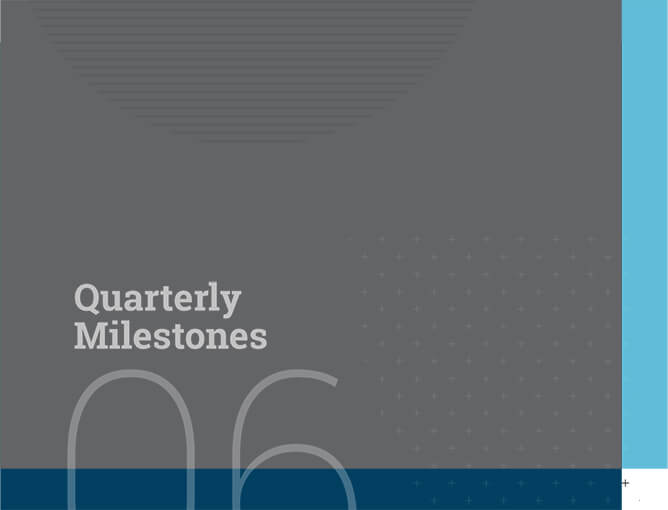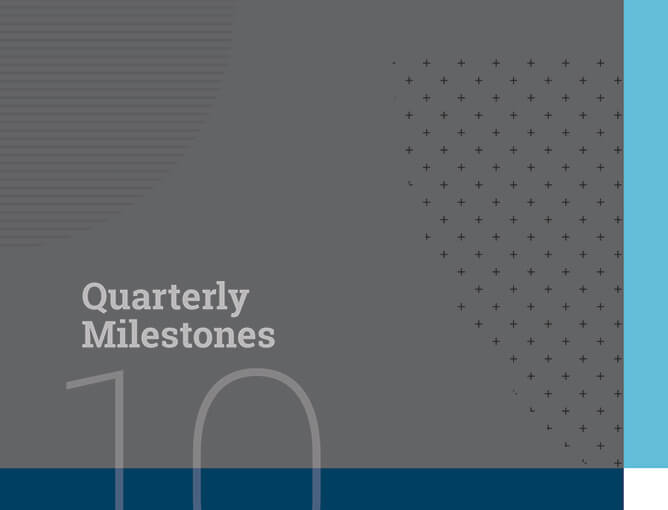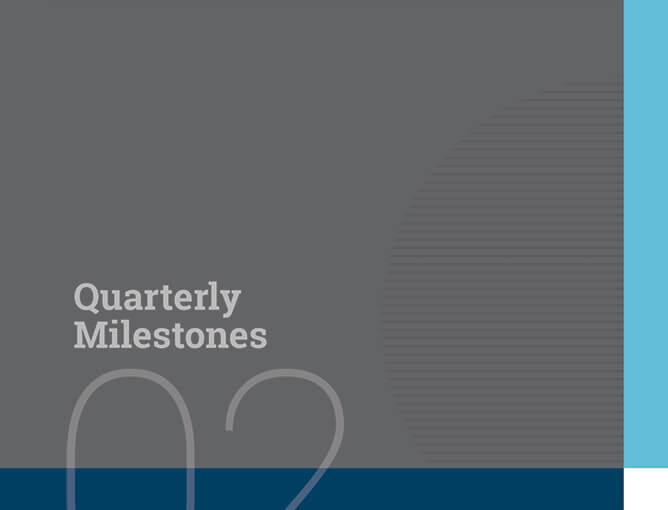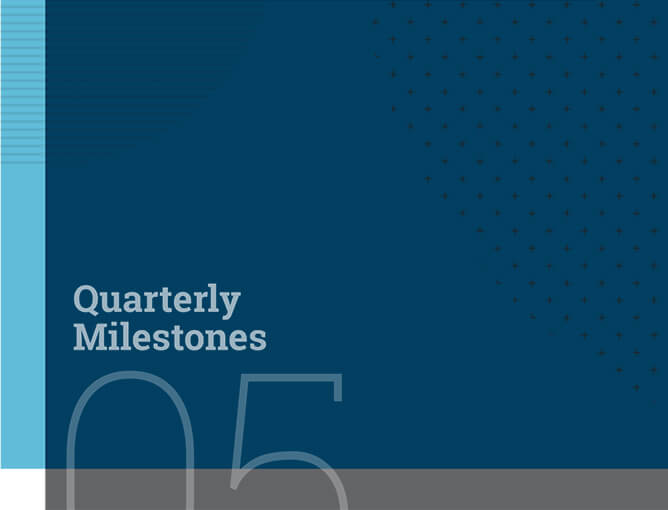
Jyotsna JayaramPartner

Rachana Rautray Senior Associate

Prabal DeAssociate
Key Developments
-
Crypto and virtual asset service providers formally brought within the prevention of money laundering framework and must follow anti-money laundering compliances
In a move to address money laundering concerns associated with the crypto and virtual assets industry, virtual asset service providers (VASP) have now formally been included as a reporting entity under the Prevention of Money Laundering Act, 2002 (PMLA). This comes in furtherance of the global push by the Financial Action Task Force to implement anti-money laundering (AML)/combating the funding of terrorism (CFT) measures.
Previously, entities engaged in this space were not subject to specific Know Your Customer (KYC) and record-keeping requirements and the adoption of these practices was largely voluntary as part of a market-wide push to gain legitimacy. Their inclusion under the PMLA is therefore a welcome move for an industry grappling with the uncertainty of regulation and an outright ban.
VASPs will now need to:
- undertake customer KYC and due diligence on an ongoing basis,
- register with the central KYC registry,
- have a documented plan to undertake risk assessment to mitigate the risks of money laundering and terrorism financing,
- maintain records for a period of five years, and
- appoint designated personnel for reporting to the Financial Intelligence Unit – India.
This development applies to VASPs that carry out the business of exchange between virtual digital assets (VDA) and fiat currencies or between one or more VDAs, transfer of VDAs, safekeeping or administration of VDAs (or instruments enabling control over them), or engaging in financial services related to VDAs. Accordingly, it is likely to impact crypto and virtual asset exchanges, wallets, custodians, and non-fungible token marketplaces, among others.
-
RBI further restricts fintech companies’ involvement in digital lending payment flows and provides clarification on the use of payment aggregators
The Reserve Bank of India (RBI) seems to be doubling down on the restriction imposed on lending service providers (LSP) (typically unregulated fintech entities offering digital lending solutions on the market) under the Digital Lending Guidelines of 2022 (DL Guidelines) where such entities were expressly prohibited from handling/pooling any funds in a digital lending transaction.
On 14 February 2023, the RBI reiterated through its FAQs to the DL Guidelines that the flow of funds in a lending transaction must always be between the bank accounts of the borrower and the lender. It further clarified that such funds flow cannot be controlled directly or indirectly by a third party including an LSP.
Separately, in response to industry queries regarding whether the services of payment aggregators (PA) (who are licensed intermediaries permitted to pool funds in e-commerce transactions) may be availed as an exemption under DL Guidelines, the RBI has clarified that entities offering only PA services will remain out of the ambit of the DL Guidelines. However, any PA also performing the role of an LSP must comply with the DL Guidelines. As a result, third party PAs may be used in a lending transaction, however, the unregulated fintech cannot handle/pool funds at any stage.
Several other additional clarifications have also been provided regarding offline steps in the digital lending process, use of recovery agents and appointment of grievance officers.
While the RBI’s moves with respect to digital lending are borrower-centric (particularly in the backdrop of widespread bans on loan apps), they may be a pain point in the short term for fintech companies as they attempt to restructure their business in compliance with these requirements.
-
Unified Payments Interface facility allowed for certain non-resident account holders
Amidst the growing adoption of India’s flagship payment system, Unified Payments Interface (UPI), in various countries such as Singapore, the RBI, in a significant move, has opened up the use of UPI to foreign nationals/non-resident Indians (NRI).
UPI platforms can now onboard non-resident account holders (NRE/NRO accounts) from ten countries (Singapore, Australia, Canada, Hong Kong, Oman, Qatar, USA, Saudi Arabia, United Arab Emirates, and United Kingdom) with international mobile numbers.
This will be subject to certain conditions such as compliance with FEMA regulations and RBI guidelines, completion of necessary AML/CFT checks and compliance validation/account level validation by the remitter/beneficiary banks.
-
Foreign nationals/non-resident Indians from G20 countries can now use Unified Payments Interface/Unified Payments Interface-linked prepaid payment instruments on their India visits for merchant payments
In a major relief to travellers to India, foreign nationals and NRIs from G20 countries are now allowed to access the UPI facility and hold UPI-linked prepaid payment instruments (PPI). The RBI is implementing this change, brought in through an amendment to the Master Directions on PPIs, in a phased manner. Initially, this facility will be extended to travellers from the G20 countries at select international airports for their merchant payments (P2M) while they are in the country. This will gradually be enabled across all entry points in the country.
PPIs can be issued after physical verification of the passport and visa of the customers at the point of issuance, and loading and reloading of such PPIs shall be against receipt of forex by cash or through any payment instrument. As such, this necessarily involves onboarding at physical touchpoints at airports which is different from the existing digital onboarding process for other PPI issuances. The amount outstanding at any point in such PPIs cannot exceed INR 2,00,000.
Looking ahead, the RBI has announced the ‘Har Payment Digital’ campaign to spread the use of digital payments across the country as part of its Payments Vision 2025 and may roll out measures to achieve other goals of its Payments Vision 2025 such as alternatives to SMS-based two-factor authentication, or local processing of payment transactions in the upcoming quarter.












